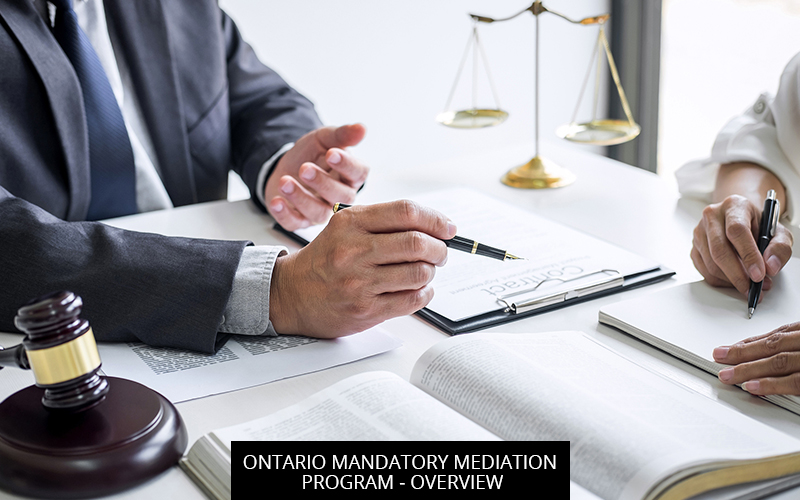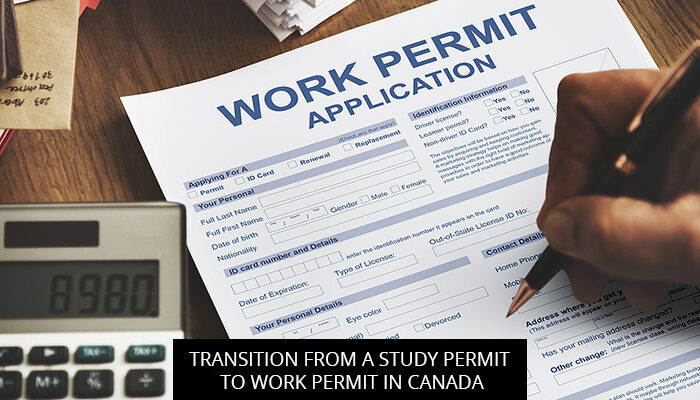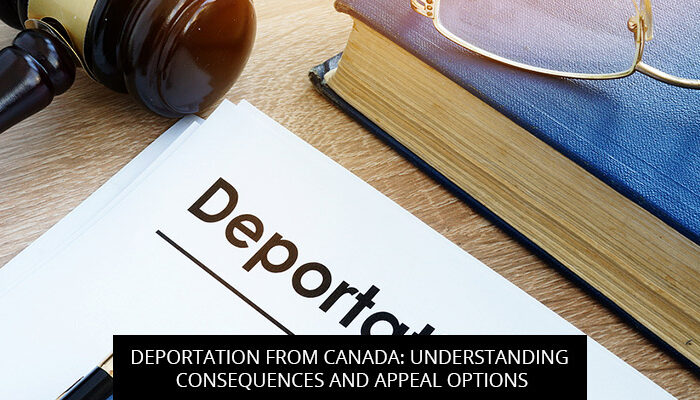
The Mandatory Mediation Program (MMP) was designed to assist parties involved in civil litigation and estates matters in settling their cases prior to trial phase and thereby help the parties in saving their time and money. The MMP program started in 1994 in Toronto and Ottawa for most (non-family) civil cases, and further in 2002 in Windsor.
Current mandatory mediation only applies in Ottawa, Toronto, and Windsor to certain (non-family) civil actions pursuant to rule 24.1 of the Rules of Civil Procedure, while Rule 75.1 pertains to mandatory mediation for contested estates, trusts and substitute decision matters. Under the MMP, cases are referred to mediation early in the litigation process to allow parties to discuss the issues in dispute and participate actively in the conflict resolution process.
The MMP Transformation
In “Evaluation of the Ontario Mandatory Mediation Program (Rule 24.1): Final Report — The First 23 Months” (2001), the majority of both lawyers and litigants agreed that they were overall satisfied with the mandatory mediation experience in that the design met its objectives. Despite encouraging findings, many also noted mandatory mediation is not a perfect cure-all for all disputes and our justice system. However, it is now known that Alternative Dispute Resolution (ADR) is an embedded and integral part in our civil procedure. In parts of Ontario, where courts are heavily utilized, there are currently three built-in process to mediate: mandatory mediation, pre-trial settlement conference, and judicial mediation.
Despite the relentless backlog of cases and serious consideration given to eliminating mandatory mediation as a costly and redundant step, the reviewing committee believed the better approach was to ensure that mediation occurred, at some point before trial, when all parties are prepared and willing to do so.
Rule 24.1 mandates that mediation must take place within 90 days after the first defence is filed, unless the court orders otherwise. Further, the parties in a standard track action may agree to postpone the mediation for an additional 60 days by filing a consent with the Local Mediation Coordinator. According to the Rule 75.1, applicants are required to bring a motion for directions relating to the conduct of the mediation, within 30 days after the last day for serving a notice of appearance.
The Future Of Alternative Dispute Resolution
Mandatory mediation is a collaborative dispute resolution process where all stakeholders are encouraged to participate at the table and settle their disputes with the help of a neutral third party. Whether you are a proponent or not, the process is mandated in the Rules of Civil Procedure. The discussion now shifts towards expanding and making mandatory mediation a uniform process across the province, and across the nation even.
It is to note that the mandatory mediation is not designed as the perfect cure-all for everyone, and it is not without costs. Parties are encouraged, for the process to remain meaningful and used as intended, to come to the bargaining table in good faith, expecting to reach a reasonable settlement.
The bottom line is, there will always be cases better suited for an actual trial and the provisions of mandatory mediation do not extinguish that right but just provides a way to settle a dispute effectively with lesser cost as compared to the Litigation process. Further, as former Chief Justice of Ontario W. Winkler noted, “litigation is nevertheless still beyond the financial means of the average person in Ontario.” Thus, encouraging case settlement and reducing litigation costs remain the basic tenets of alternative dispute resolution.
If you or someone you know needs legal help in navigating the ADR landscape, “Ayaz Mehdi Professional Corporation” is a full-service firm that can assist you with your case.
Disclaimer: Use of this site and sending or receiving information through it does not establish a solicitor-client (Attorney-Client) relationship in any manner. The views expressed and the content provided on this blog is for non-profit, educational purposes. It is not, and is not intended to be, a legal advice on any specific set of facts. If you require legal advice, you should contact a lawyer directly.






